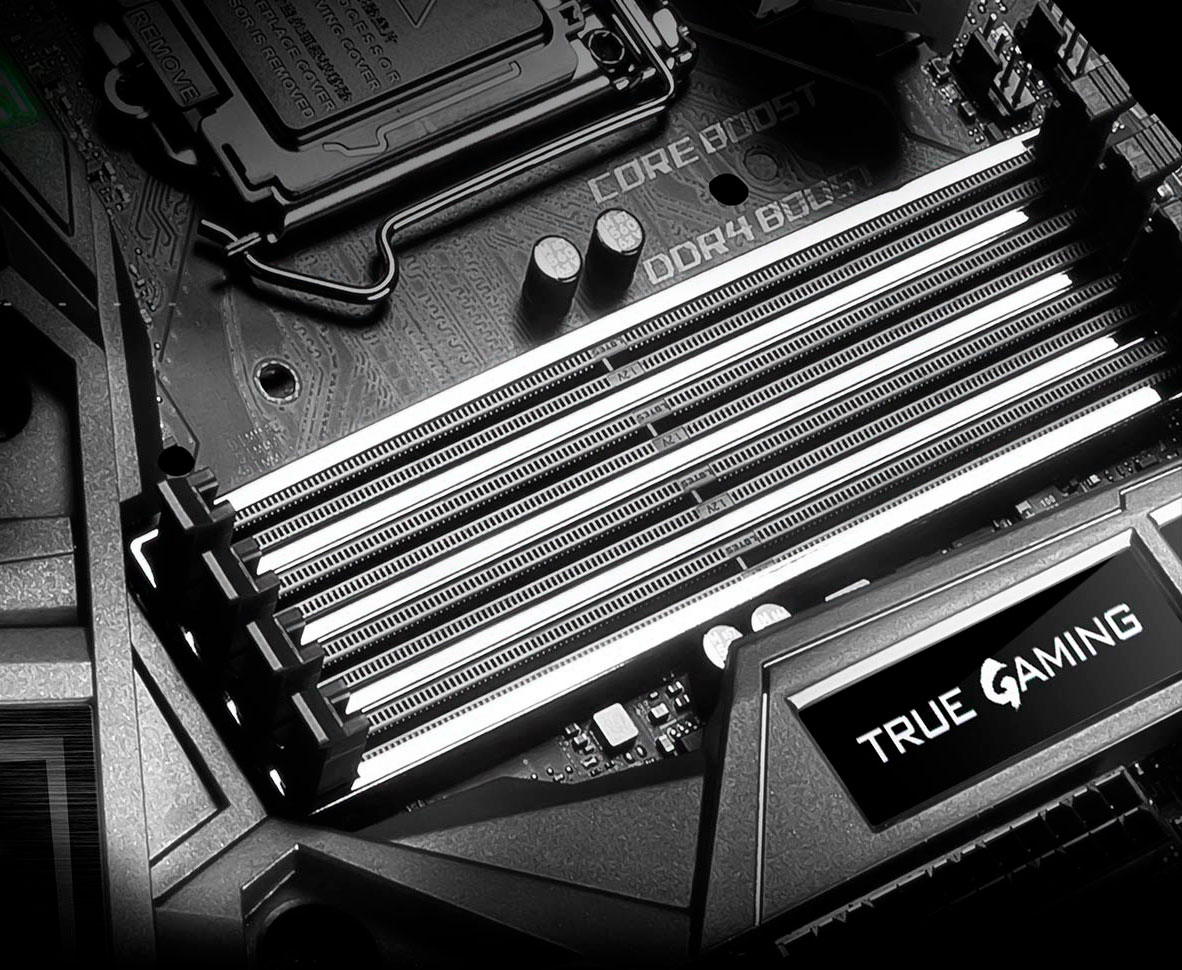US Tariffs Drive Some of MSI's Production to Taiwan
There's nothing like a trade war to make companies rethink how they make their products. DigiTimes today reported that MSI shifted the production of some motherboards and notebooks, as well as the entirety of its America-bound graphics cards, to Taiwan to minimize the effects of rising U.S. tariffs.
Relations between the U.S. and China have only become more strained in recent months. U.S. President Donald Trump raised tariffs on Chinese goods from 10% to 25% in early May after trade talks between the countries broke down, reportedly because China backtracked its commitment to end intellectual property theft, and later the U.S. Department of Commerce effectively prohibited American companies from working with Huawei.
The conflict between the U.S. and China left many tech companies wondering how their businesses might be affected. DigiTimes reported on May 16 that motherboard companies were particularly concerned about demand falling in response to the U.S.-China trade war. The companies were reportedly prepared for the increased tariffs--most simply factored those costs into the price of their products--but it seems MSI would prefer not to do that.
MSI's decision to shift part of its production to Taiwan contradicts what CEO Charles Chiang told us in January. At the time, Chiang said that he was reluctant to move the company's manufacturing out of China because it could require too much investment. China became a manufacturing juggernaut because its workforce is simultaneously cheap and skilled. Leaving that workforce behind to avoid tariffs that could end at any time would be difficult.
"China is a big manufacturing country, because they have a big population and then they have skillful workers and [in] the young generation also," Chiang told Tom's Hardware in January. "They are very mature right now and very cost effective," he told us. "When the tariffs happen, if you want to move that away [from China], first it takes time and then you have to invest. And you don't know when it's going to be solved."
But now Chiang told DigiTimes that MSI is making "a small number" of motherboards in Taiwan; that its notebook production in the country has risen from 1,000 units to 25,000; and that it's also producing all the graphics cards meant to be sold in the U.S. in Taiwan. The company's also said to have enough inventory already in the U.S. to last it two-and-a-half to three months. All those efforts should help mitigate the impact of U.S. tariffs.
MSI is far from the only company worried about the U.S.-China trade war. Tariffs alone raised concern for AMD, Nvidia, and potentially the laptop and smartphone industries. Companies will also suffer from losing Huawei's business: a Goldman Sachs report indicated that Broadcom, Qualcomm, Micron, and Intel would take the worst losses from that decision, but companies like AMD, Nvidia, and Microsoft will also be affected by the blacklisting.
Get Tom's Hardware's best news and in-depth reviews, straight to your inbox.

Nathaniel Mott is a freelance news and features writer for Tom's Hardware US, covering breaking news, security, and the silliest aspects of the tech industry.
